Fear of reprisals: the Palestinian state remains unrecognised
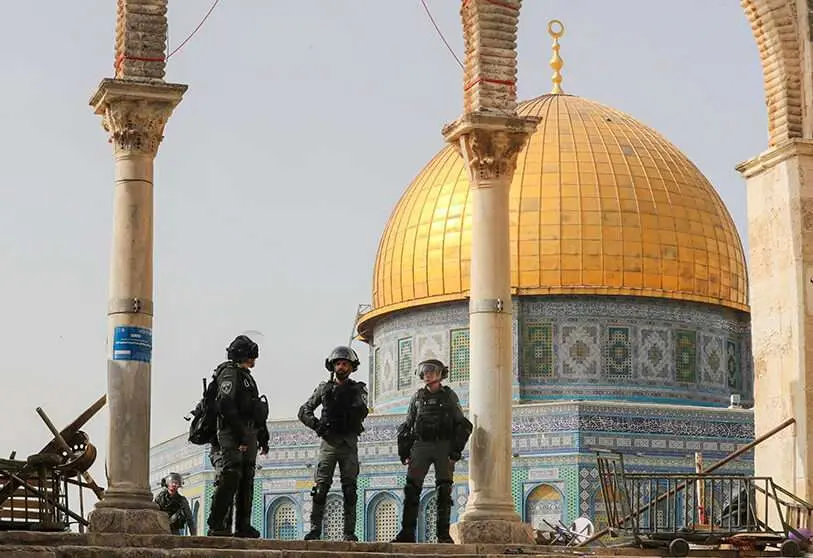
Overlooking illegalities and disregard for human rights, opening the spotlight far beyond Hamas violence, is an obligatory step at the international level, but a difficult one.
The violation of the 1947 United Nations border between Israel and Palestine has been constant to this day. Instability is such that, despite Palestinian independence having been consecrated in 1988, only 139 of the 193 countries that make up the planet have recognised its sovereignty. In the meantime, the colonial power continues to be allowed to advance at the international level.
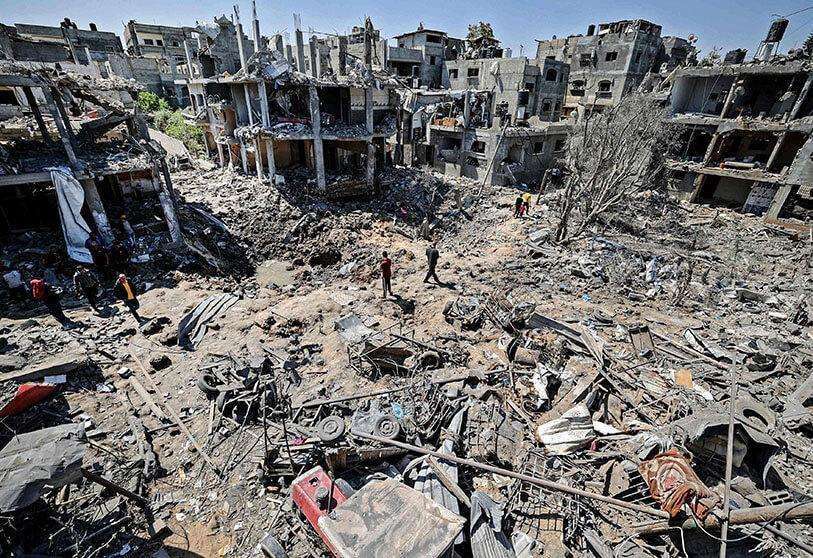
Once the PLO (Palestine Liberation Organisation) was consecrated in 1974 as the representative of the Palestinian people at the UN, including by Israel, progress towards its international recognition as a sovereign state has been and continues to be complicated, influenced by plots and fear of possible reprisals among allies. This is why Spain has not officially recognised Palestinian sovereignty, despite having shown its initiative on countless occasions. However, to date, only nine of the 27 countries that make up the European Union have taken the step.
It was in 2011 when Palestine applied to the UN to become a member state, something that raised hackles in the face of the United States' refusal and the plot carried out together with Israel to convince the rest of the states to vote against it, obtaining Canadian, Italian and German support. US pressure went so far as to threaten to cut off aid to the West Bank, in addition to asking the UN to withdraw aid funding to Palestine.
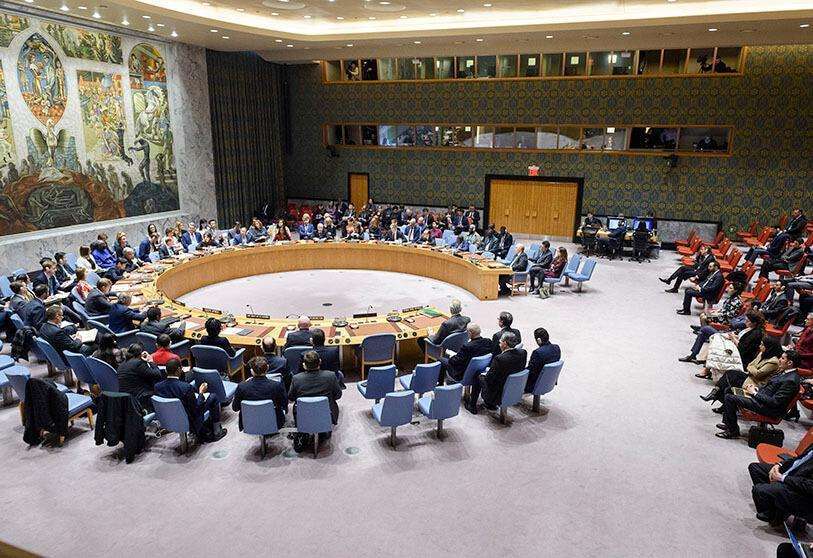
In 2012, under the 'Palestine 194' campaign, the vote for membership took place, with only 9 states against and 41 abstaining, and Palestine was consolidated as a 'non-member observer state', a small step that encouraged recognition by many countries.
As Mahmoud Abbas, president of the Palestinian National Authority and member of the Fatah party, stated, his initiative "does not seek to delegitimise Israel but to legitimise Palestine", i.e. any refusal to recognise it is only evidence of interests between alliances.
In the case of Spain, both PP and PSOE have defended and supported the idea of the coexistence of two states. Despite this, driven by European standards and US influence, it still does not officially recognise the Palestinian state.
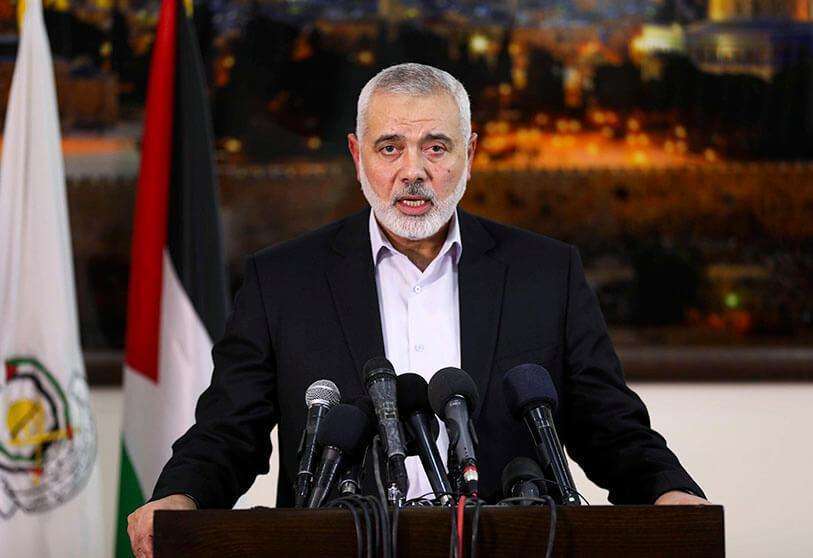
In Germany's case, recognising Palestine would mean not only a deterioration of ties with Israel and even the United States and thus its allies, but also being the target of accusations evoking its fascist past, just as it would with Spain and Italy.
The US being Israel's main supporter puts the other powers, especially the EU, on the ropes.
The diplomatic difficulties are compounded by the serious effect that Hamas has had on Palestine, which has controlled Gaza since 2007 and which, at an earlier stage, led to the international blockade of the area. This terrorist organisation has meant that the region's political path has been replaced by a violent one. Hamas's actions have become, for media purposes, the "official voice" of Palestine, tarnishing the image and just demands of its people. As can be seen with all types of radicalisation, such as in the case of ETA or radical street demonstrations by the extreme left, violence only tarnishes the message or purpose being defended, losing all legitimacy, something that is also applicable to Israel.
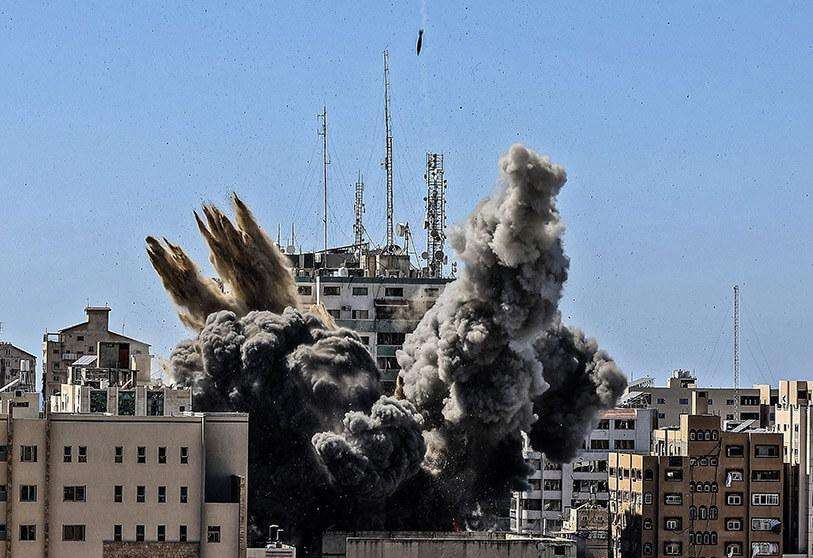
Since its inception, Hamas has played against "its people", either by the violent image it gives to Palestine, leaving the real victims under a terrorist connotation, or by transforming a colonial conflict into an apparently religious conflict. Whilst Fatah maintains its secular character, Hamas is consolidating itself as an Islamist organisation, finding its means of dissemination and recruitment in mosques and religious circles.
This religious character that Hamas has unfairly and inconsistently given to the conflict has benefited the discourse of jihadist organisations such as Daesh, giving them yet another reason to highlight US and Western attacks on Islam. Indeed, the lack of support for and recognition of the state of Palestine further encourages this thinking: the international community created Israel on the basis of two states living side by side, a fact accepted by Palestine for the sake of peace, yet to this day, only one state has been recognised, which has since enjoyed total impunity, even as human rights violations against Palestinians continue and increase.
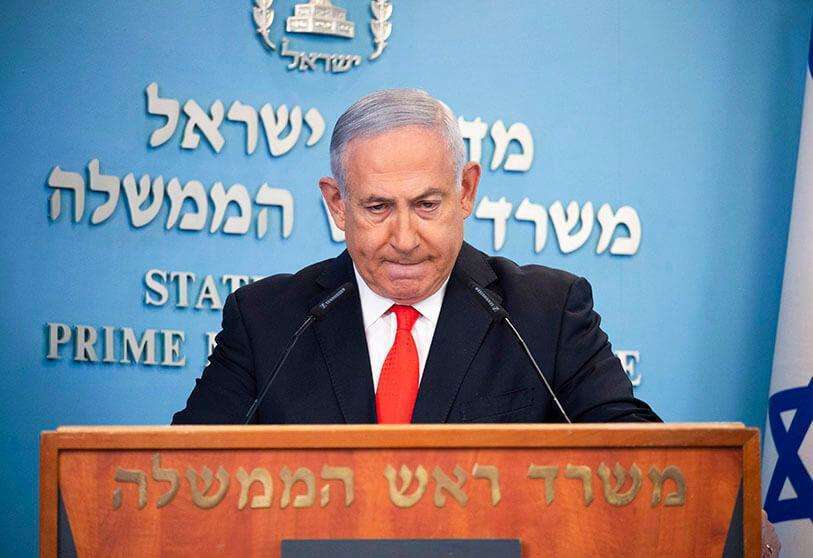
How can you fight terrorism internationally if you are collaborating in its expansion? Particularly relevant is the role played by Iran, one of the main enemies of the US, which finances organisations such as Hezbollah and Hamas, with contributions of 30 million dollars a month. On 21 May, Hamas leader Ismail Haniye thanked Iran for its help in bombing Israeli forces: "We thank the Islamic Republic of Iran for sparing no effort to help the resistance in Gaza", but it should be remembered that this is not aid to Palestine, but aid to a terrorist organisation. As Seth Frantzman states: "The massive rocket attack launched on 11 May [by Hamas], an unprecedented barrage of fire... appears to be part of an Iranian-inspired plan [...] Iran is involved in the rocket fire... Hamas, supported by Iran, is setting the pace, and that pace is perhaps being watched and even guided from Iran [...] The Iranians see the Palestinians as a cause with which they can become very relevant and compete with their main rivals within the region, the Saudis" .
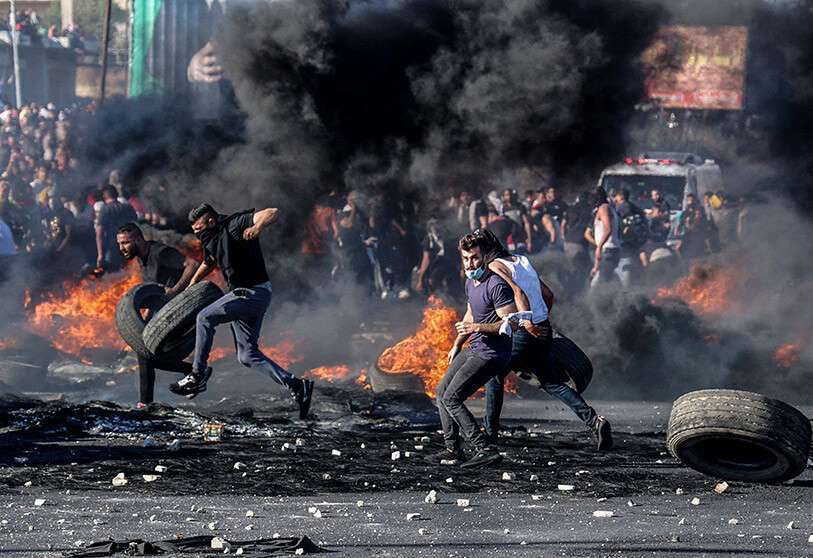
Since Donald Trump tore up the nuclear deal with Iran, tensions have risen even higher, as seen in the arms reinforcements that both powers have given to their allies, both in Syria and Palestine.
On the flip side, the United States achieved one of the most important diplomatic consolidations in history: the Abraham Accords. The formalisation of relations between Israel, the United Arab Emirates and Bahrain, Arab states that until now had not recognised Israel, but which finally took the plunge in summer 2020. Among the various monetary interests that reside in this agreement, another particularly relevant point converges: the alliance against Iran and mutual arms support against this power. As a result, Palestine is not only forgotten in the agreement, but the support it had previously received from its fellow Gulf Arabs is expropriated.
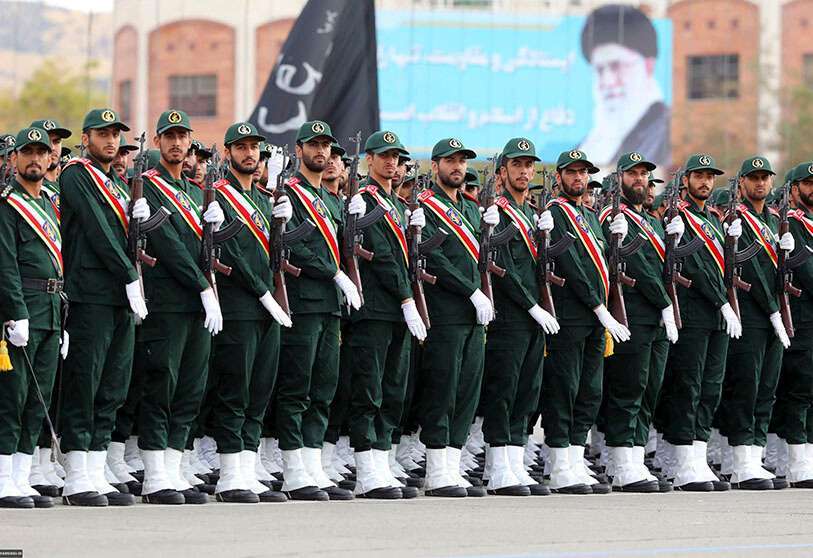
It is abundantly clear that this conflict is driven and sustained by two historical blocs that go beyond Israel and Palestine, with various powers driven by economic and geostrategic interests coming into play.
On 21 May, US President Joe Biden stated: "There is no change in my commitment to Israel's security, full stop, no change whatsoever [...] there will be no peace until the region unequivocally recognises Israel's existence as an independent state". Biden argued that the achievement of peace required recognition of both states, something that the Palestinian Authority has been trying to achieve for years and which the US has been holding back, as well as supporting the colonial advance of what should be the 'necessary' Palestinian state.

Prospectively, leaving aside the historical point of view, Spanish recognition of Palestine would jeopardise relations with the US and its allies, while softening relations with other Arab countries, as well as having a potentially positive effect on jihadist organisations.
The influence that the conflict has on jihadist radicalisation is curious and complicated, for while the Palestinian-Israeli conflict serves as a foundation for other terrorist organisations, the jihadist discourse does not permeate Palestinian society, possessing a fixed and clear objective: liberation from colonialism. This is evidence that this is not a religious conflict, but a colonial one.
Overlooking illegalities and disregard for human rights, opening the spotlight far beyond Hamas's violence, is an obligatory step at the international level, but a complicated one from a diplomatic point of view.
- Mozgovaya, N. (31 de Agosto de 2011). U.S. Bill Aims to Cut Funds to pro-Palestinian UN Groups. Haaretz.
- Caño, A. (30 de Noviembre de 2012). La ONU acepta a Palestina. EL PAÍS.
- Reuters. (11 de Mayo de 2021). Iran Reportedly Agreed To Pay Hamas For Intelligence On Israeli Missiles. Iran International (iranintl).
- europapress. (21 de Mayo de 2021). El líder de Hamás aplaude la "victoria" contra Israel y agradece a Irán la ayuda prestada. Europapress.
- Navas, M. E. (22 de Mayo de 2021). Conflicto israelí-palestino: ¿a quién beneficia el último estallido de violencia en Medio Oriente? BBC News.
- El Orden Mundial. (2021). ¿En qué consiste el acuerdo nuclear con Irán? El Orden Mundial.
- Priego, A. (24 de Septiembre de 2020). El Acuerdo de Abraham sí es el ‘acuerdo del siglo’. Política Exterior.
- El Mundo. (22 de Mayo de 2021). Biden apoya solución de dos Estados para conflicto palestino israelí. BW.
